what happens at the child advocacy center?
Frequently Asked Questions
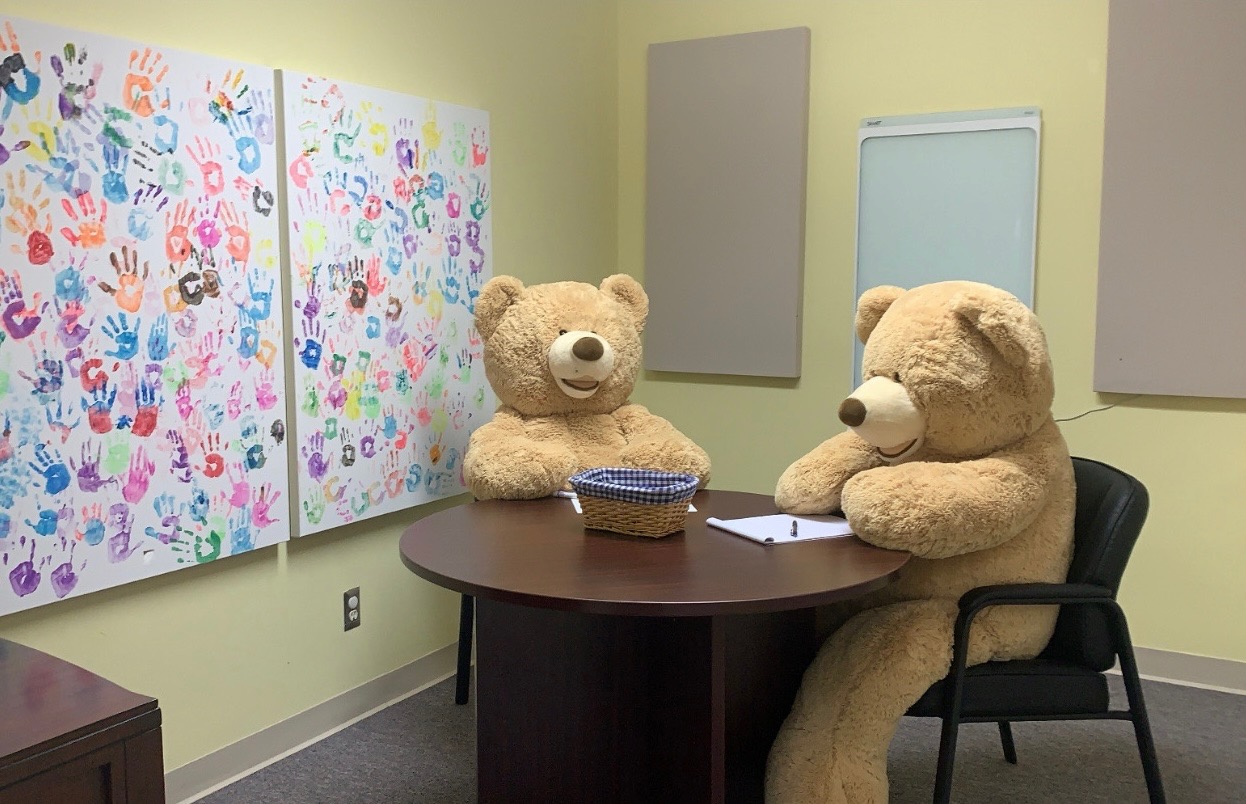
What happens at the Clara Allen Family Center?
The Clara Allen Family Center is a Child Advocacy Center that uses a multi-disciplinary approach to the investigation, intervention, and coordination of services for children and families affected by emotional, physical, and sexual abuse, neglect, or crime.
The facility includes a staff of highly skilled, and specially trained individuals, who work closely with Child Protective Services, law enforcement organizations, and other agencies involved in investigating and prosecuting these sensitive cases.
The Center helps to reduce trauma associated with the criminal justice system and enhances investigation efforts, which results in improved lives for child victims and higher conviction rates for offenders. The Child Advocacy Center is a safe, child-friendly location designed for children 18 and under to come speak with a trained forensic interviewer and a child medical provider.
A Family Advocate will contact caregivers who will be accompanying the child before the interview and medical evaluation appointment to describe the process and answer any questions.
When families arrive at the Center, they are welcomed by the Family Advocate. The Family Advocate will familiarize the family, and offer a tour, to the center. Families will view the interview room where children speak with the Forensic Interviewer, the monitor room where professionals involved in the case will be observing, and the exam room where Child Medical Exams are conducted.
Questions and concerns are encouraged, and welcomed at any time. The comfort of children and caregivers during the appointment is a priority of CAC staff.
Will I be able to watch my child's interview?
No, parents or family members are not allowed to view the interview.
The interview is part of the investigation and anyone viewing the interview could be served by a court subpoena. Only professionals directly involved in the investigation are allowed to observe the interview in order to reduce the possible stress that can be placed on a child, and to provide a neutral setting for the child and the investigation.
All of the interviews at the Child Advocacy Center are recorded. The recording is shared with law enforcement and Child Protective Services as part of the case.
Who will my child talk to?
Your child will be talking to a trained forensic interviewer. They have attended basic, and advanced training, on how to talk to children about difficult subjects.
It’s important that any details about the alleged abuse come from the child. Our interviewers are trained to not ask suggestive questions and to move at a pace that is comfortable for your child. They never force a child to talk to them.
We also offer extended forensic interviews, which allows the child to come back and talk to our interviewer. The same questioning strategies are used as in a regular interview, but we recognize that some children need more time to feel safe and comfortable with this environment and with us. So, we just slow the whole process down for them, but we’re not asking them the same questions over and over. If you think your child might benefit from this extended model, be sure to let us know.
What do I tell my child about coming to the Child Advocacy Center?
Caregivers should talk to the child about the appointment early enough that it will not be a surprise, but not so far in advance that they have a lot of time to worry.
If the child asks questions about what will be said, caregivers should encourage them to be honest. Assure the child that the individual who will speak to them talks with children everyday about difficult topics. It is important to reassure the child and give them permission to talk freely, however, it is equally important not to rehearse or tell
them what to say.
Reinforce that they will be in a safe place and the adults they interact with will tell
them exactly what to expect.
What will I be doing while my child is talking to someone?
Caregivers will meet with a Family Advocate who is available to answer any questions. During this time, it is appropriate to share any worries or concerns. The Family Advocate will provide support and act as a connection between families and investigators.
A Family Advocate provides case management and links family members to community resources. During the interview, the Advocate will ensure important documents are completed that are related to the child’s interview and medical exam.
These will be explained thoroughly.
What happens after the interview?
Caregivers will be able to talk to members of the investigation team after the conclusion of the interview. The team will share information learned and allow caregivers an opportunity to ask questions and voice any concerns. The investigative team will also share with caregivers how the investigation will proceed.
The services provided by the CAC do not end when families leave the Center. The Family Advocate will remain in touch with clients in order to help caregivers remain informed about the progress of the case, access needed services, and assist in legal proceedings that may arise.
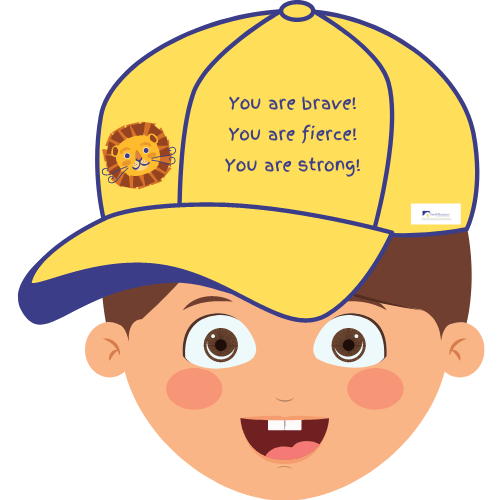
Will my child need a medical exam?
Every child who attends a forensic interview is offered a Child Medical Exam. These exams are not reserved only for those children who may have physical evidence of abuse. Members of the investigative team may decide a medical evaluation is required, based on the child’s disclosure.
A Child Medical Exam is conducted to ensure the child’s body is healthy and safe. It does not hurt and is noninvasive. The Provider will describe all procedures to the child prior to the exam. These evaluations resemble a well-child exam a child would receive from their pediatrician.
The Child Medical Exam Provider has specialized training, allowing for a thorough understanding of the physical and psychological impact of all kinds of child abuse. The Provider and CAC staff will spend some time with caregivers to collect important medical history, and will also talk to the child one-on-one.
During the medical evaluation, the child can request to have a caregiver in the exam
room if they feel more comfortable.
When the medical evaluation is over, the Provider will discuss any recommendations resulting from the exam with the caregiver. The Family Advocate and other CAC staff will provide referrals indicated by these recommendations.
Will my child need counseling?
Child abuse can have both emotional and physical symptoms that each require their own kind of special treatment. Therapy services can help lower a child’s risk of having learning, emotional, and social issues later in life. Therapy can help children understand their thoughts and feelings so they can learn to cope with the aftermath of abuse. There are many different kinds of therapy. The CAC refers clients to local counseling agencies that will initially conduct an assessment, then recommend the type of therapy that will be most helpful.
All agencies who partner with the CAC employ staff who are trained in Trauma-Informed Cognitive Behavioral Therapy, which is utilized to treat children presenting with certain symptoms, often related to abusive incidents.
Referrals are available for children and their non-offending caregivers, as well as financial assistance for those encountering cost as a barrier to services.
In 2021 alone, our agency has conducted…
99
Child Medical Exams
154
Forensic Interviews
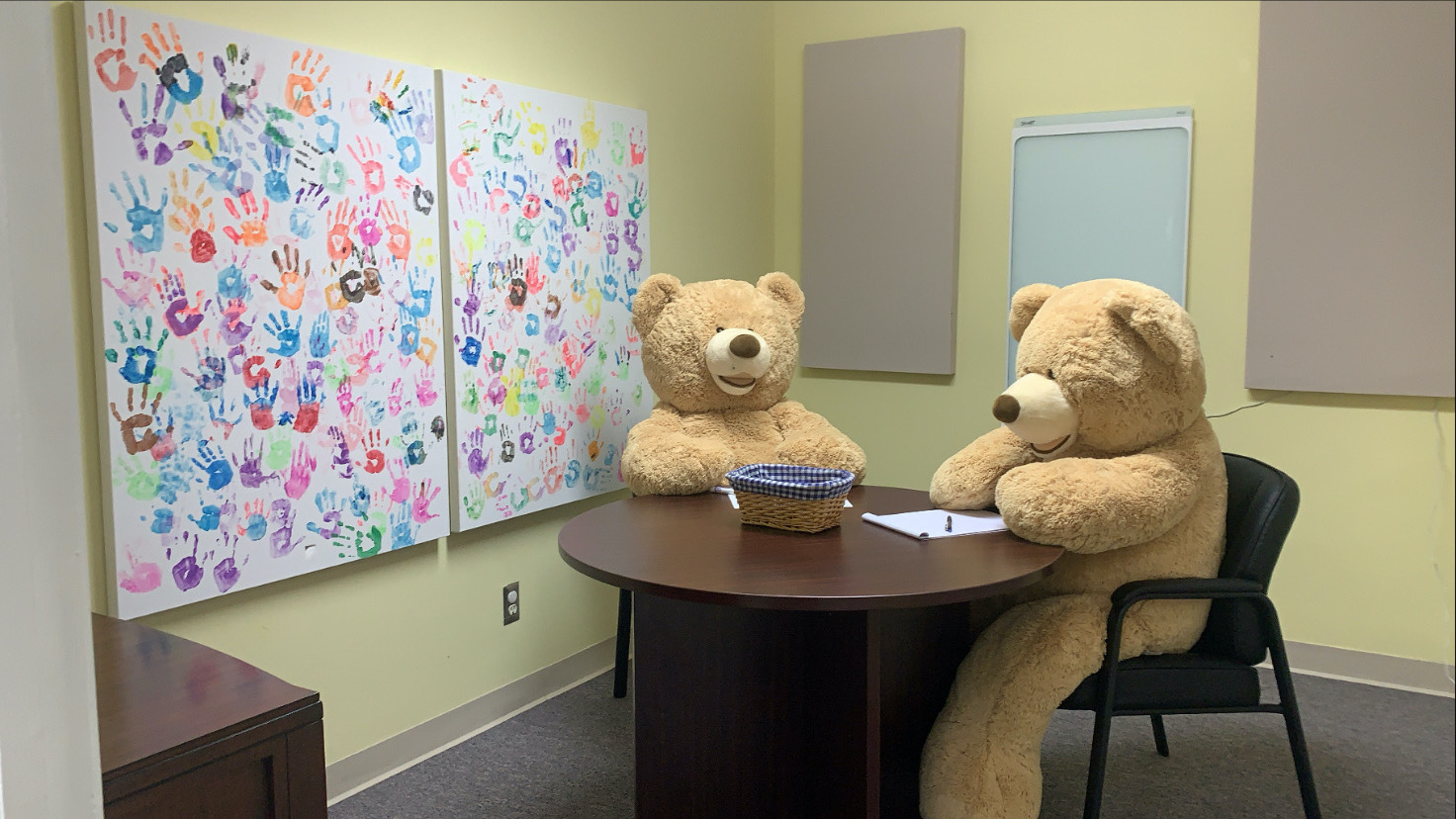
The interview room
the child Medical exam Room
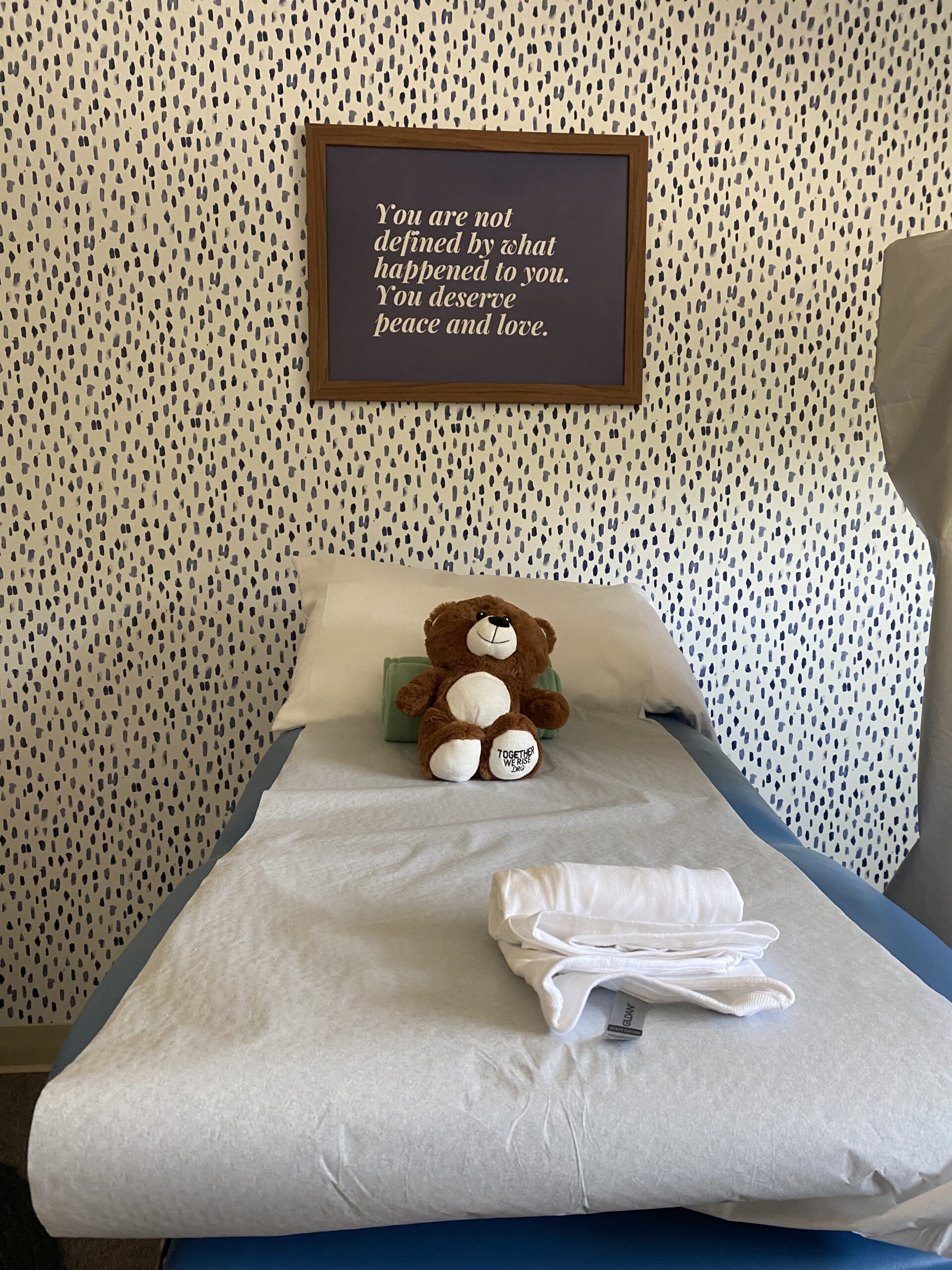
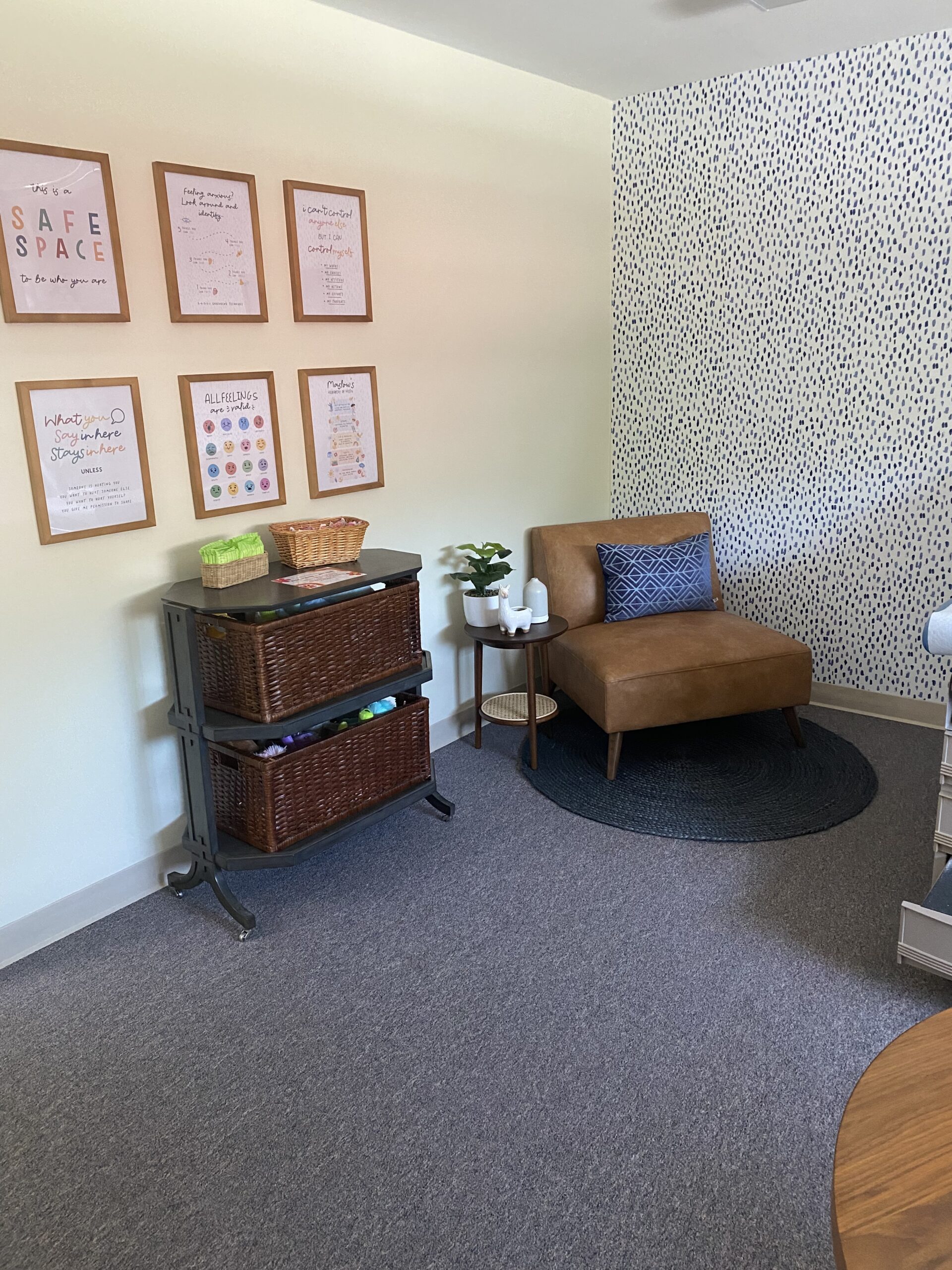

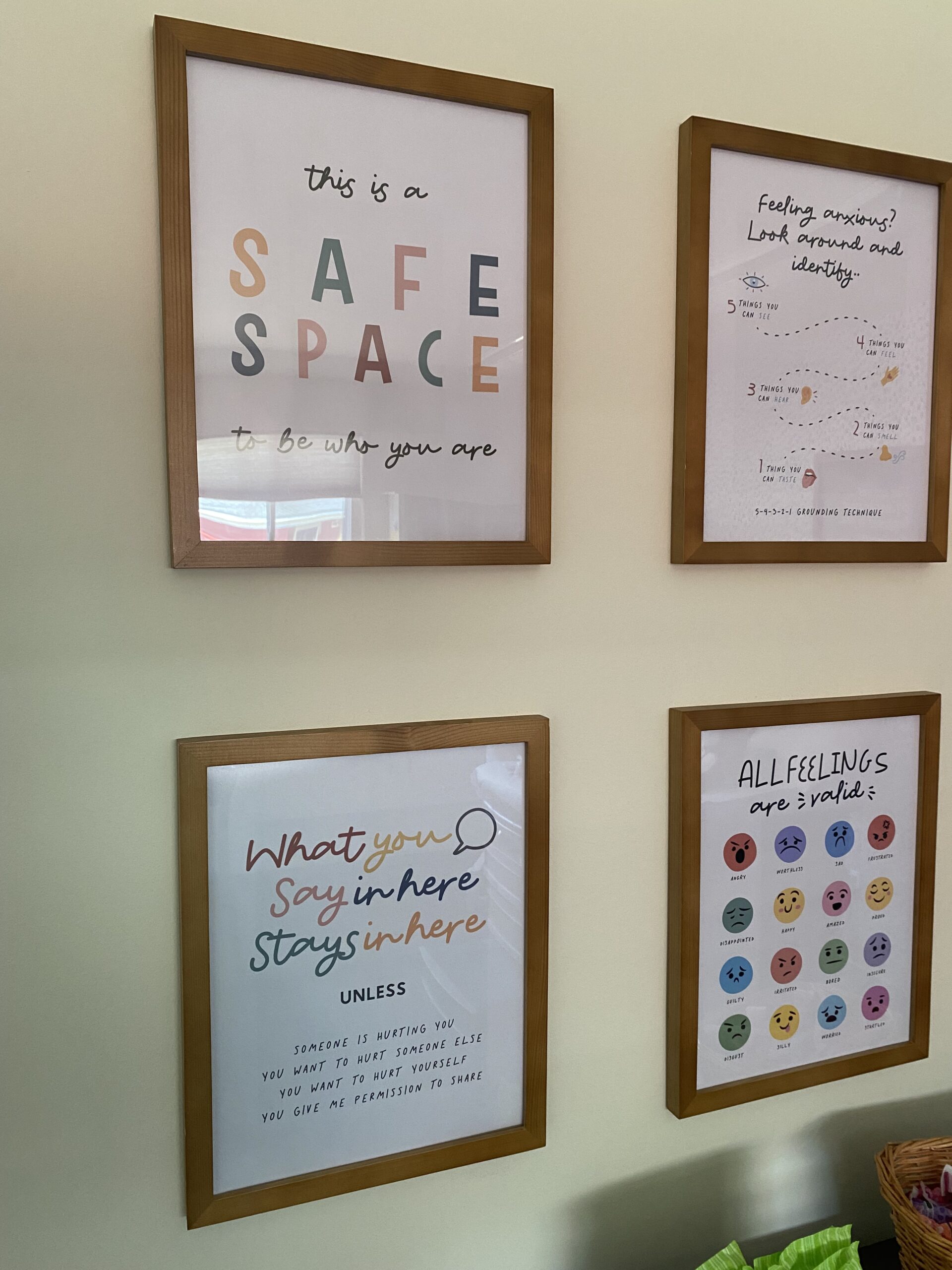
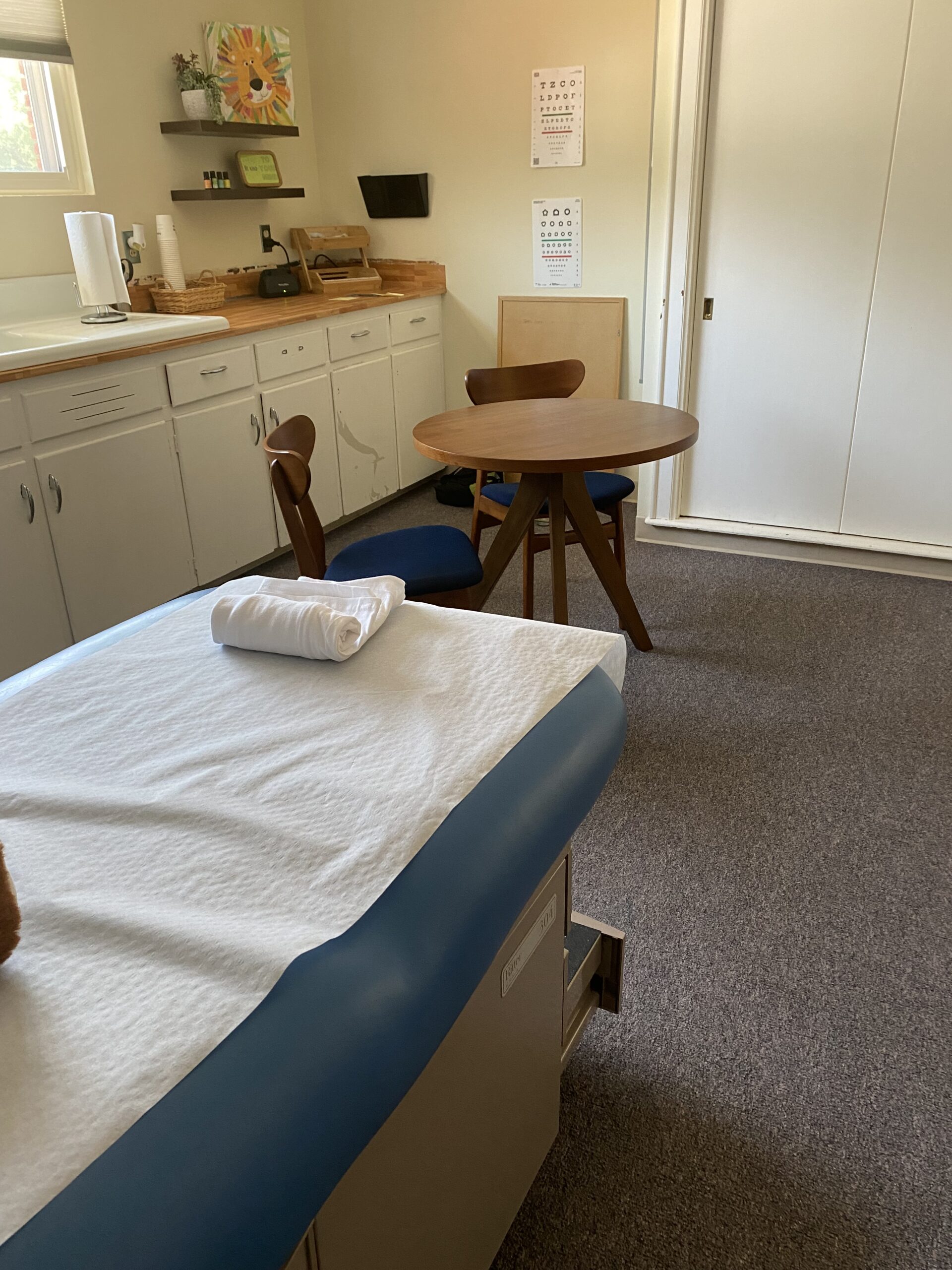
THE WAITING ROOM
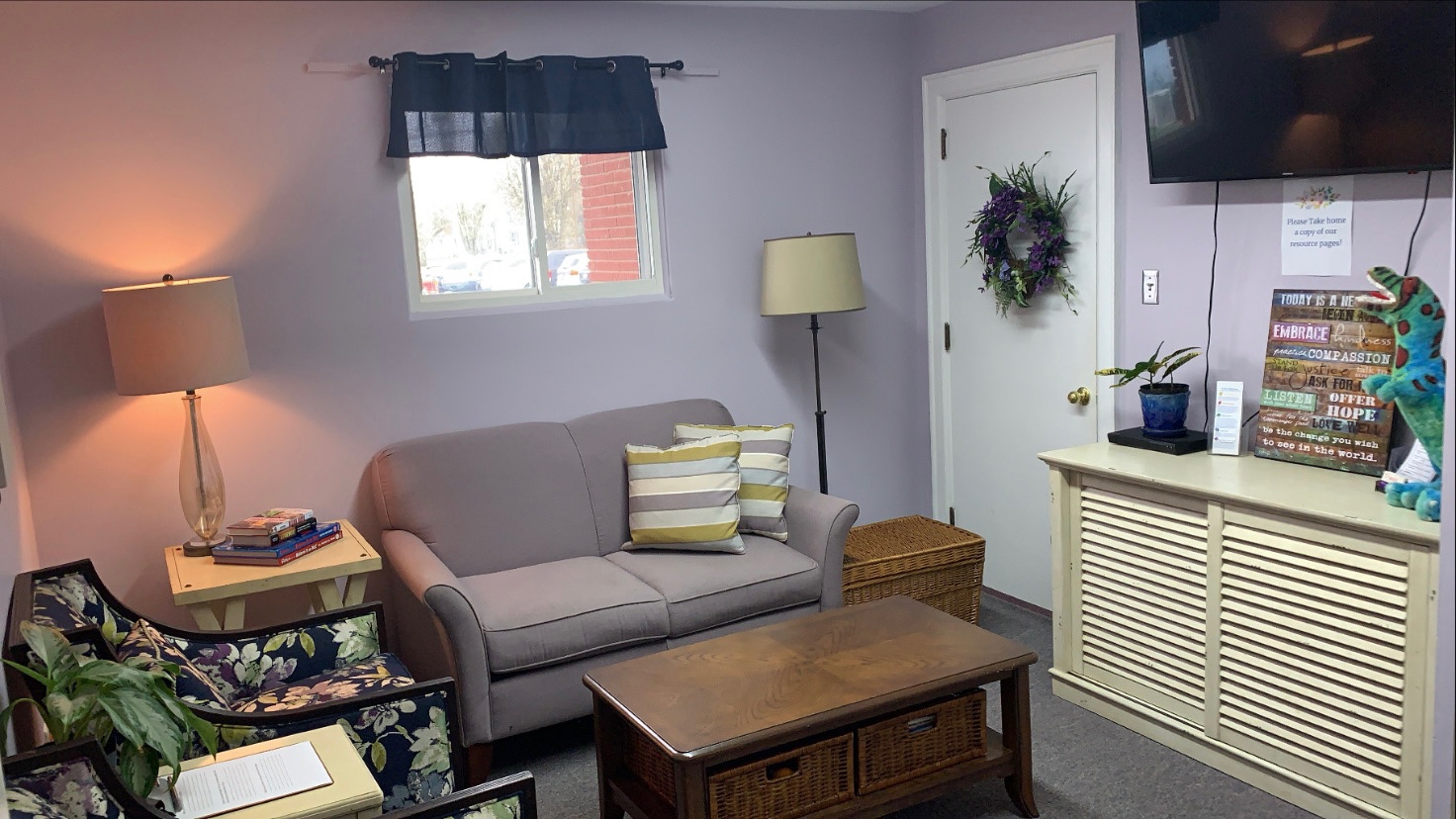
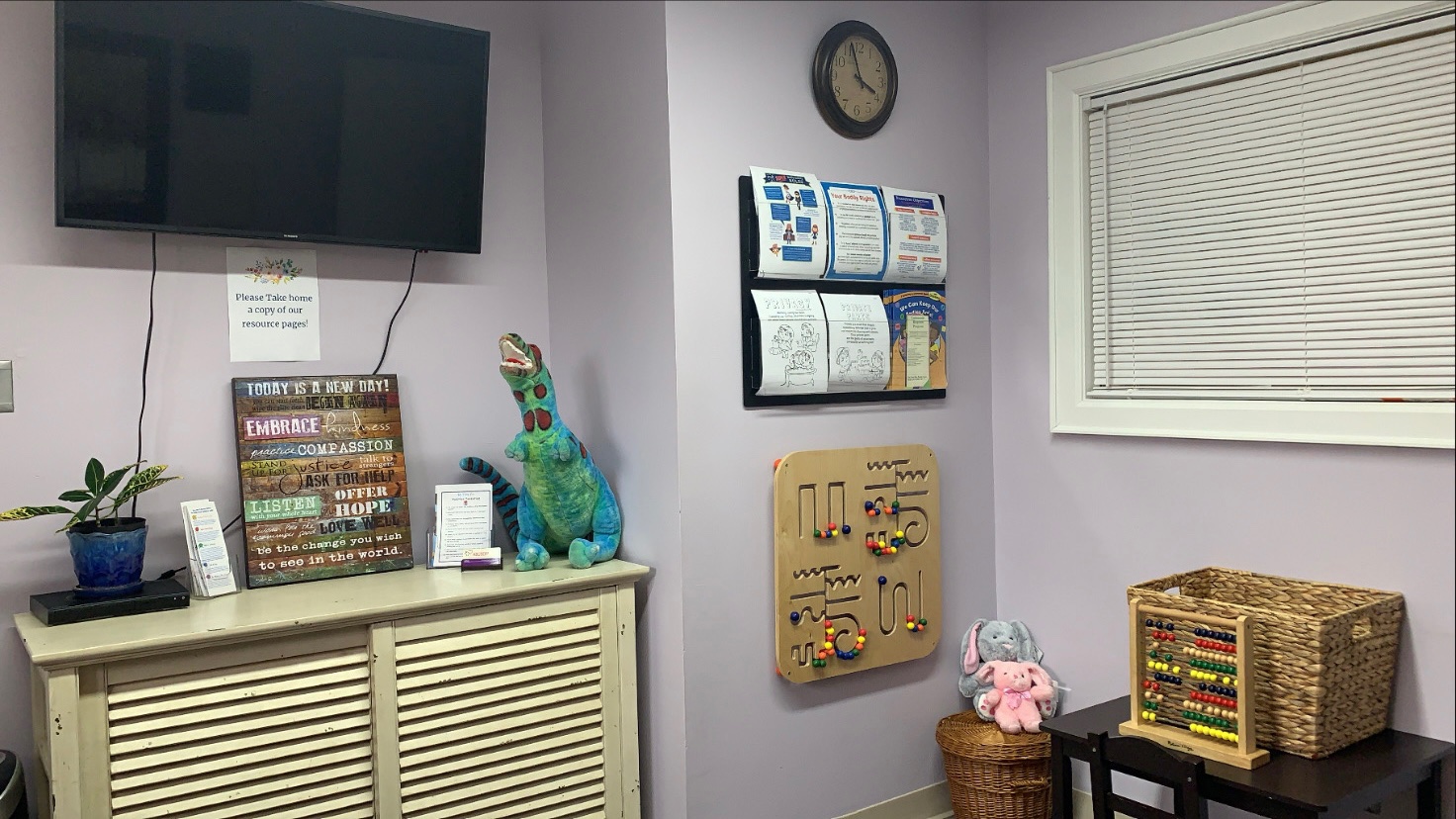
THE OBSERVATION ROOM
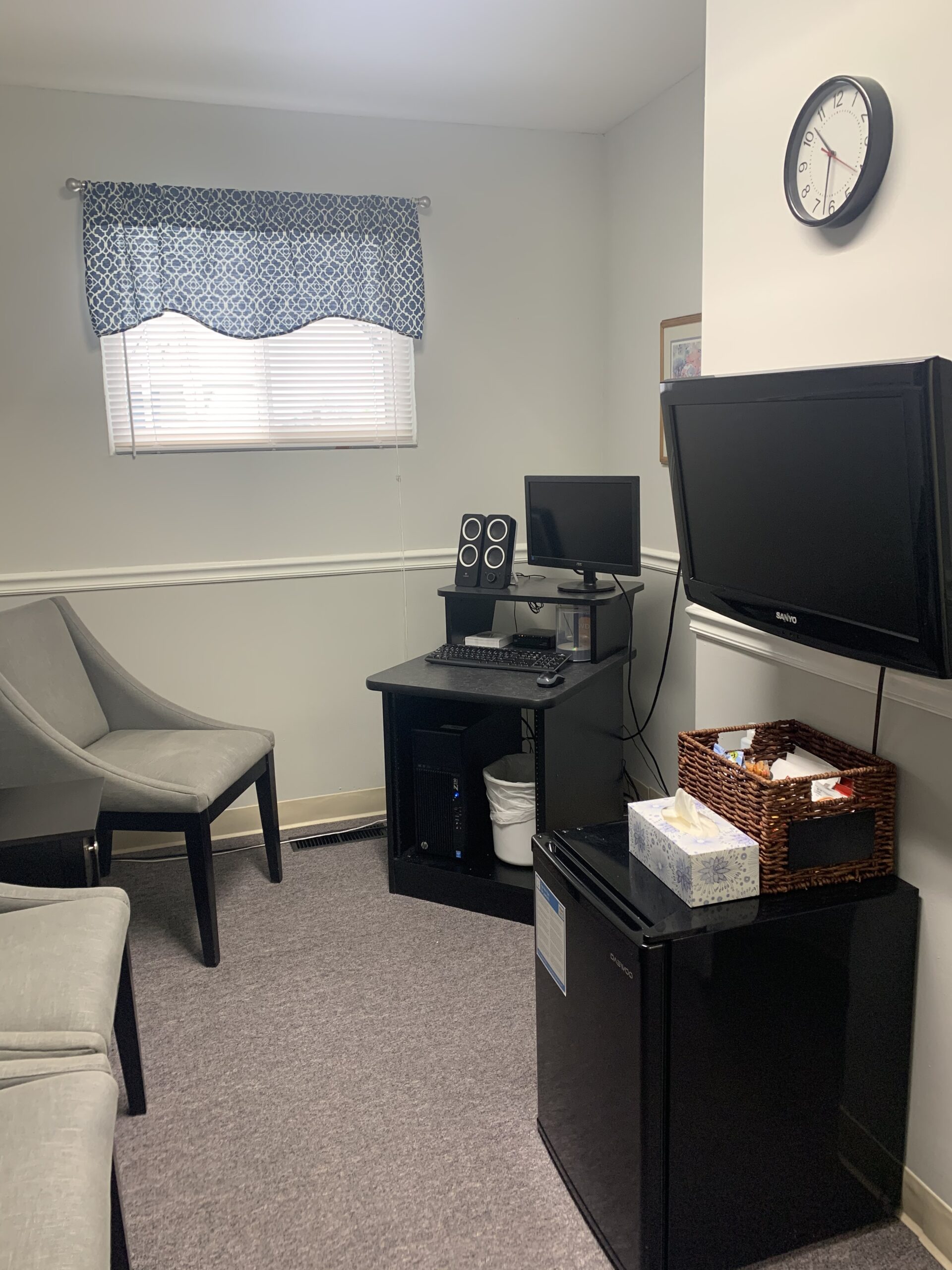
if you’re interested in any of these categories please send us a message.
WE WOULD LOVE TO GET MORE INFORMATION TO YOU!
PARENTING TIPS
HEAD START
HIGH SCHOOL DIPLOMA PROGRAM
SEXUAL CHILD ABUSE PREVENTION
PARENTING CLASSES
DOMESTIC VIOLENCE CLASSES
DEALING WITH CHILD ON CHILD SEXUAL ABUSE
CHILD OR TEEN BODY SAFETY
BULLYING
DRUG & ALCOHOL PREVENTION
INTERNET/PHONE/GAMING SAFETY
CHILD EXPRESSING PROBLEMATIC SEXUAL BEHAVIORS
NUTRITION
FINANCIAL LITERACY
ANGER MANAGEMENT
STRESS MANAGEMENT
DEALING WITH DEPRESSION
DEALING WITH ANXIETY
COPING WITH TRAUMATIC EXPERIENCES
